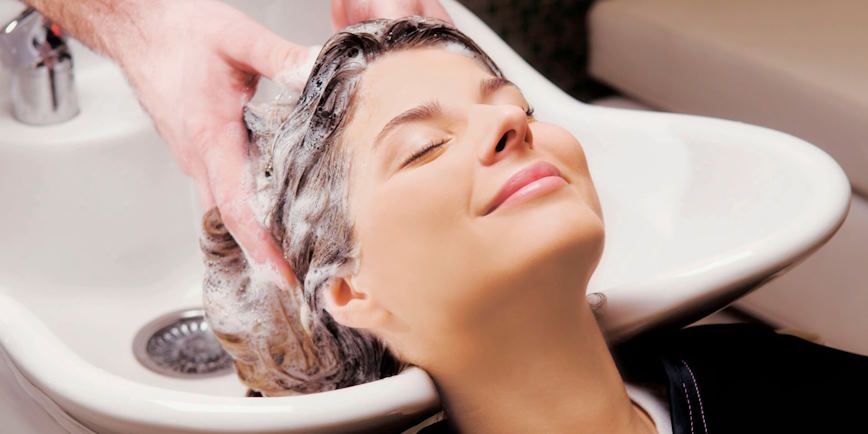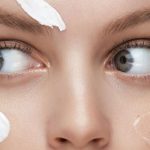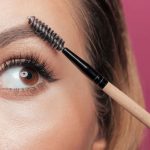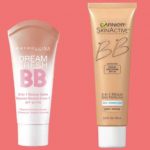What Components In Shampoos Should People Avoid?

Selecting the right shampoo is a pivotal step towards maintaining vibrant and healthy locks. However, not all shampoos are created equal, and understanding the ingredients is key to making informed choices.
What components are better to avoid?
Several components commonly found in shampoos can harm hair health and overall well-being. Let’s consider some of these ingredients:
Sulfates
Sulfates, such as sodium lauric acid (SLS) and sodium Laureth sulfate (SLES), are potent detergents known for their lathering properties. Despite their cleansing power, sulfates can be harsh on the hair and scalp, stripping away natural oils and potentially causing dryness and irritation. They are often used for their cleansing effectiveness but can be avoided for those seeking a gentler hair care routine.
Parabens
Parabens, such as methylparaben and propylparaben, are synthetic preservatives extensively employed in cosmetic products, including shampoos. Due to emerging concerns about their potential endocrine-disrupting properties, these compounds have been at the center of discussions within the scientific and beauty communities.

Silicones
Silicones are often included in shampoos to impart a smooth and glossy texture to the hair. However, they come with a downside. While they can provide short-term benefits, they may lead to product buildup over time, necessitating stronger cleansers to remove them. It can result in a cycle of dryness and dullness for some individuals.
Artificial Fragrances
Synthetic fragrances, present in many commercial shampoos, can contribute to a pleasing scent. However, these fragrances may contain various undisclosed chemicals, potentially causing scalp irritation and triggering allergies in sensitive individuals. Opting for shampoos with natural or plant-based scents is a good alternative.
By understanding the potential impact of these components, individuals can make choices that align with their hair care goals and broader health considerations.
What ingredients should be in shampoos?
When choosing a shampoo, prioritize ingredients contributing to hair health and cleanliness. Look for surfactants like sodium lauryl sulfate, conditioning agents like natural oils, humectants like glycerin, and proteins like keratin. Additionally, opt for shampoos with vitamins, minerals, botanical extracts, and pH-balancing ingredients. Fragrances can enhance the experience, but ensure they are mild. A shampoo should also contain safe preservatives to prevent bacterial growth. Consider your hair type and specific needs when making a selection.





